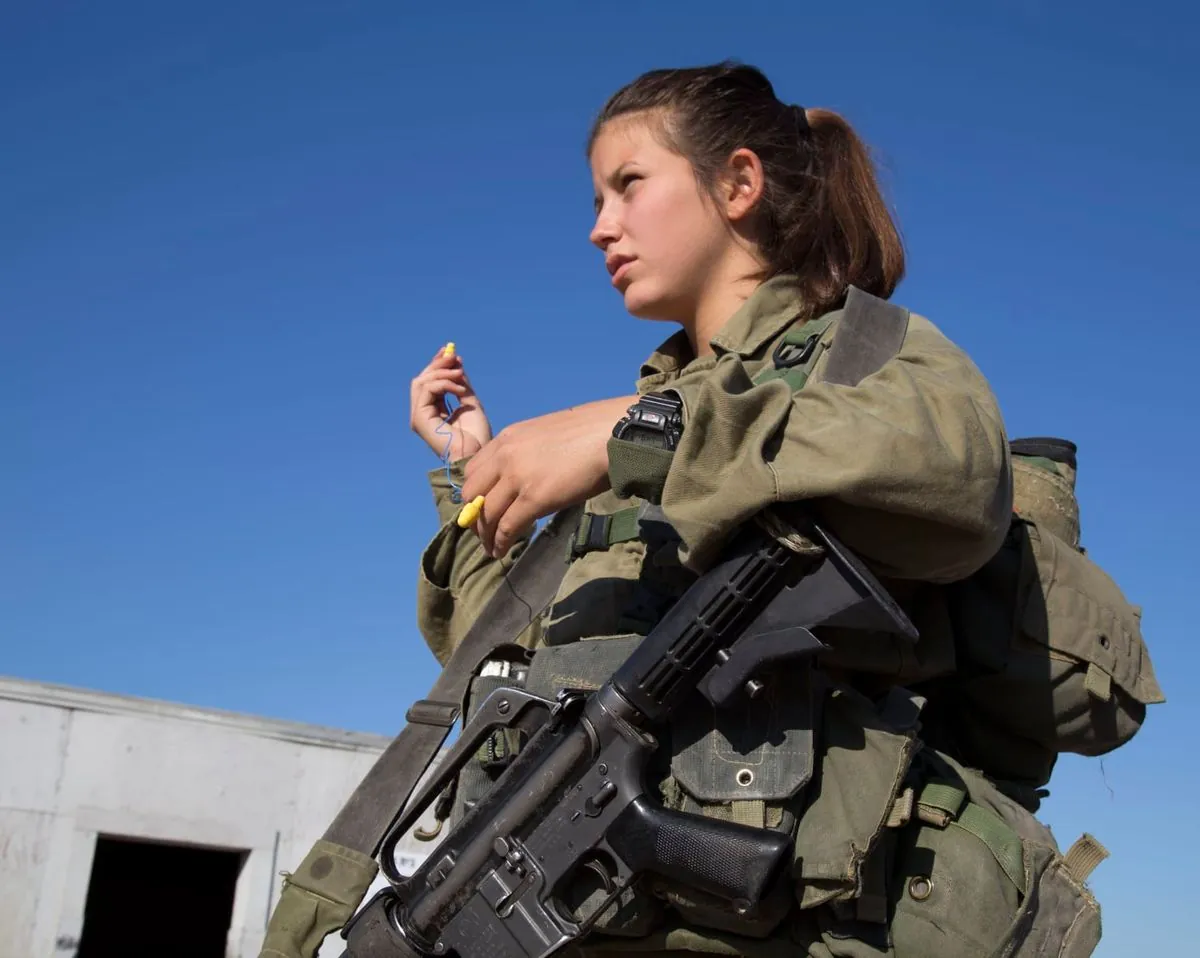In the rugged terrain of northern Israel, a group of young women stand as the nation's first line of defense. These field observers, part of an all-female unit of the Israel Defense Forces (IDF), have been meticulously monitoring Hezbollah activities along the Lebanese border for the past year. Their role, often overlooked, has become increasingly critical in the wake of the devastating Hamas-led attack on October 7, 2023.
The field observers, typically aged 18 to 20, operate sophisticated surveillance equipment to track enemy movements. Their work involves monitoring multiple screens around the clock, providing vital reconnaissance to guide ground forces. Since October 2023, they have identified and reported approximately 10,000 drones, mortar rounds, rockets, and antitank missiles crossing Israel's northern skies.
Despite their crucial role, these young women express frustration at being ignored by their superiors. This sentiment echoes the experiences of their counterparts in the south, who had warned of Hamas's preparations before the October 7 attack. The field observers argue that their intimate knowledge of enemy routines and behaviors is often disregarded, potentially compromising national security.
The challenges faced by field observers extend beyond professional frustrations. Many attribute their struggles to ingrained misogyny within the IDF, where men dominate decision-making positions. This gender bias, combined with a bureaucratic structure that prioritizes technology over field intelligence, has led to a dangerous disconnect between front-line observations and strategic decision-making.
The October 7 attack tragically highlighted these issues. Field observers near Gaza were among the first to sound the alarm about Hamas's preparations and among the first casualties. Of the approximately 1,200 people killed that day, 15 were field observers from the Nahal Oz base. Seven others were taken hostage, with five still in captivity as of October 2024.
"There are things that I know that you don't. They will not stop attacking anytime soon."
The current situation on the northern border with Lebanon remains tense. In April 2024, Iran launched an aerial attack on Israel, further highlighting the vulnerabilities faced by field observers. Despite the escalating threats, observers report feeling sidelined and unprotected.
The issues plaguing the field observer unit are rooted in historical changes to Israel's intelligence gathering methods. In 2001, the unit was transferred from Aman, Israel's military intelligence agency, to the IDF Combat Intelligence Collection Corps. This shift, coupled with budget cuts and a growing reliance on technology, led to a decrease in human intelligence capabilities.
As Israel grapples with the aftermath of the October 7 attack and faces ongoing threats from multiple fronts, the role of field observers remains crucial. Their unique insights and dedication to their work continue to be vital for national security. However, addressing the systemic issues of gender bias, bureaucratic inefficiencies, and the need for better protection is essential to fully utilize their capabilities and prevent future intelligence failures.
The experiences of these young women underscore the complex challenges facing Israel's defense apparatus. As the country continues to navigate a volatile regional landscape, the voices of those on the front lines must be heard and heeded to ensure the safety and security of all Israelis.
